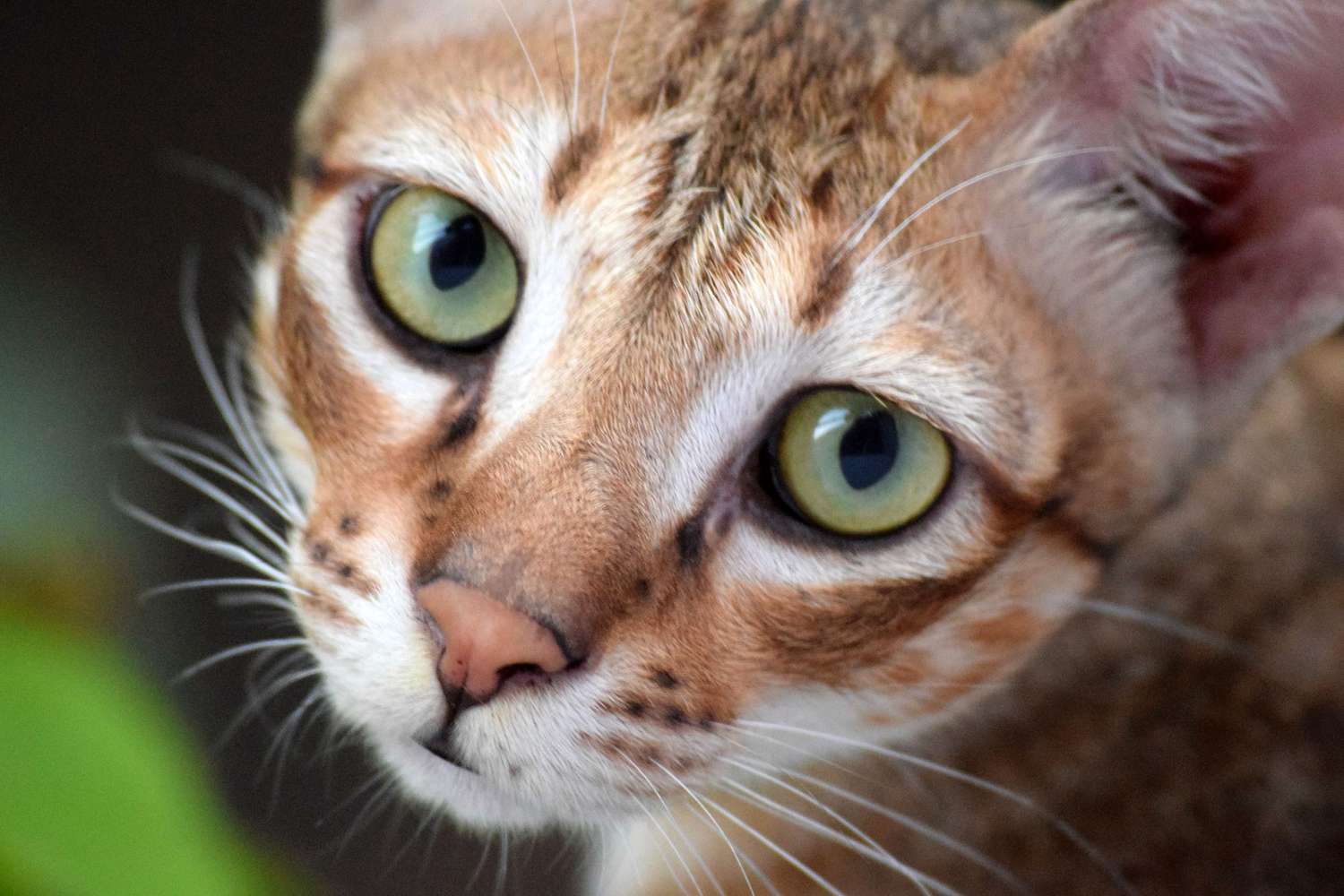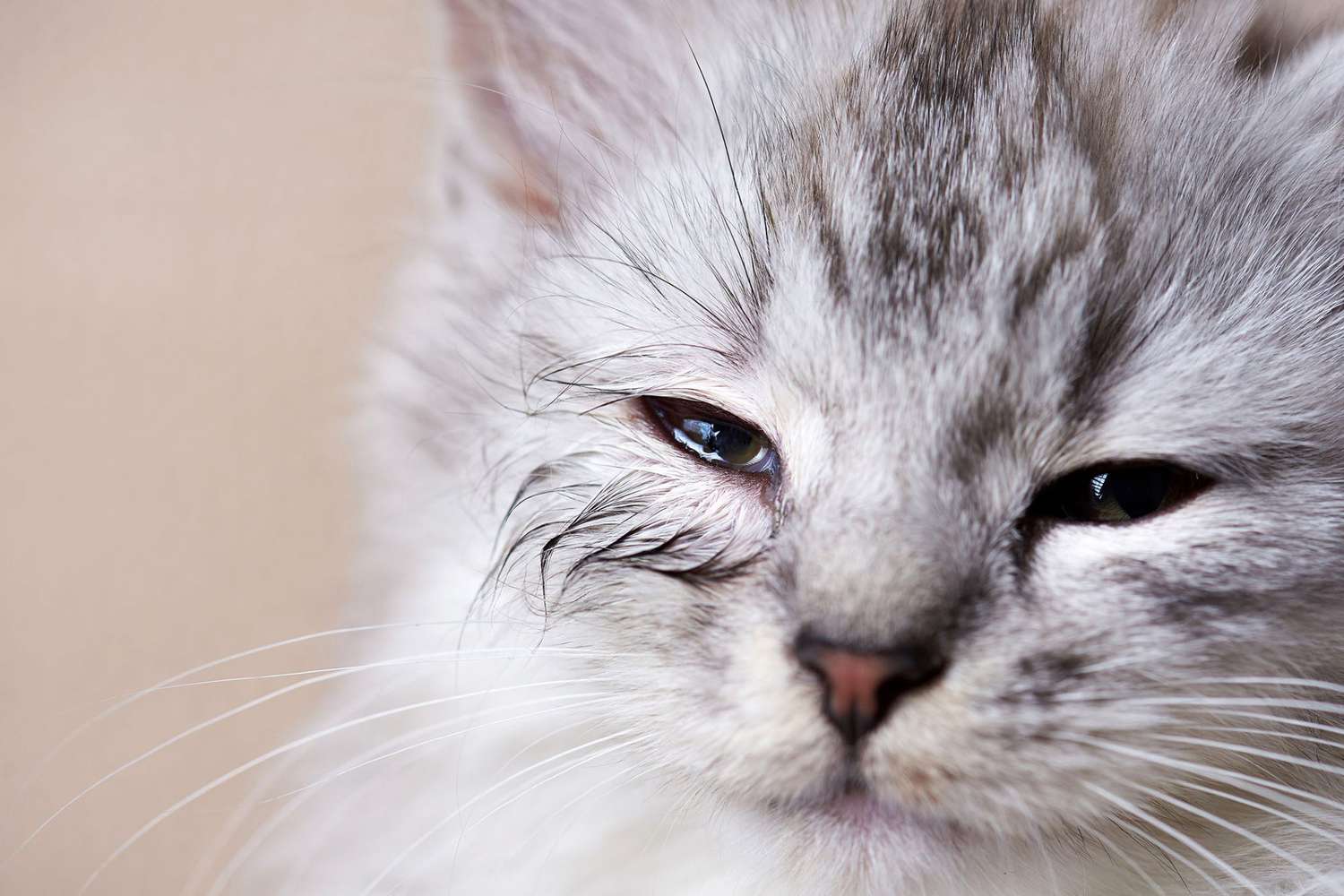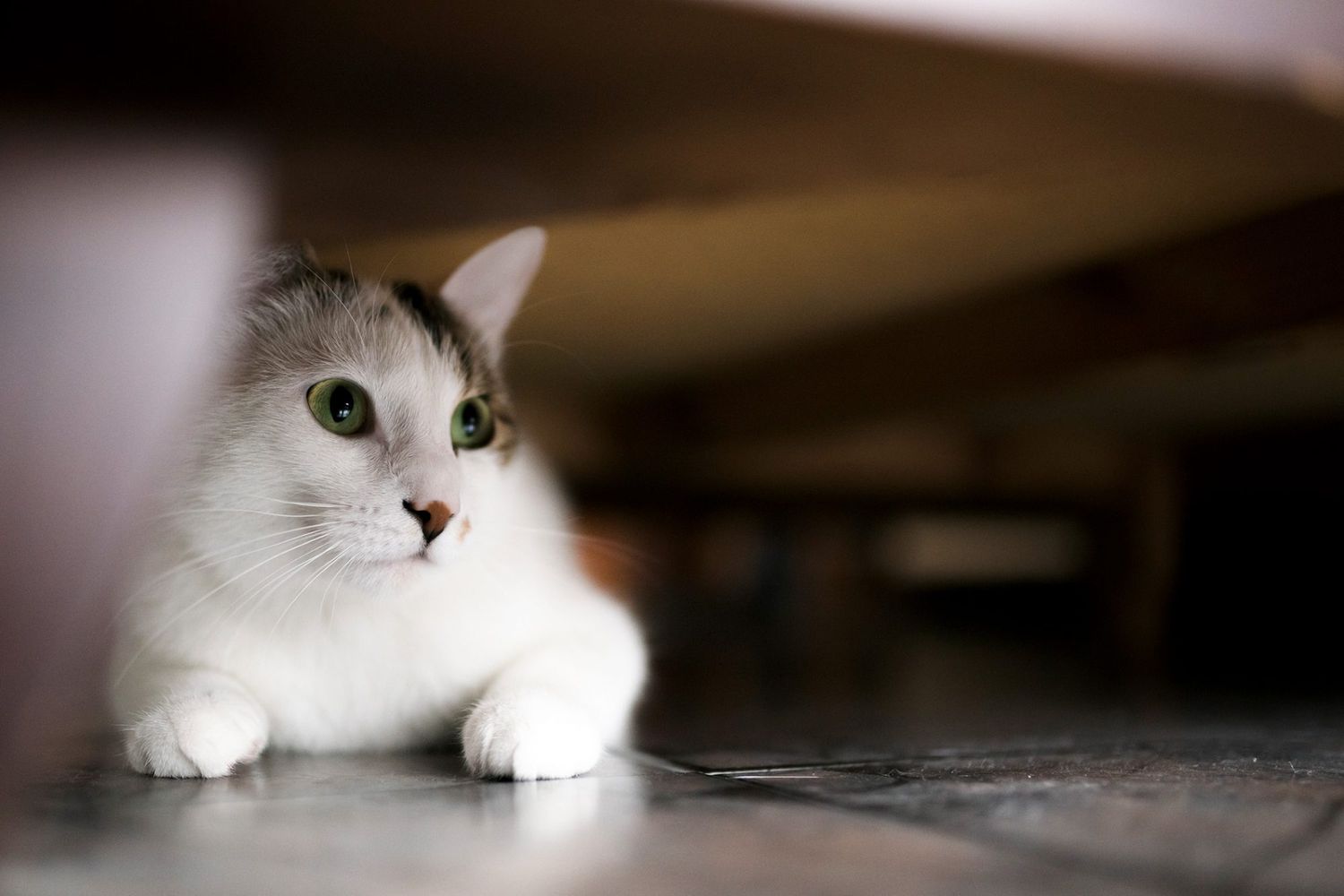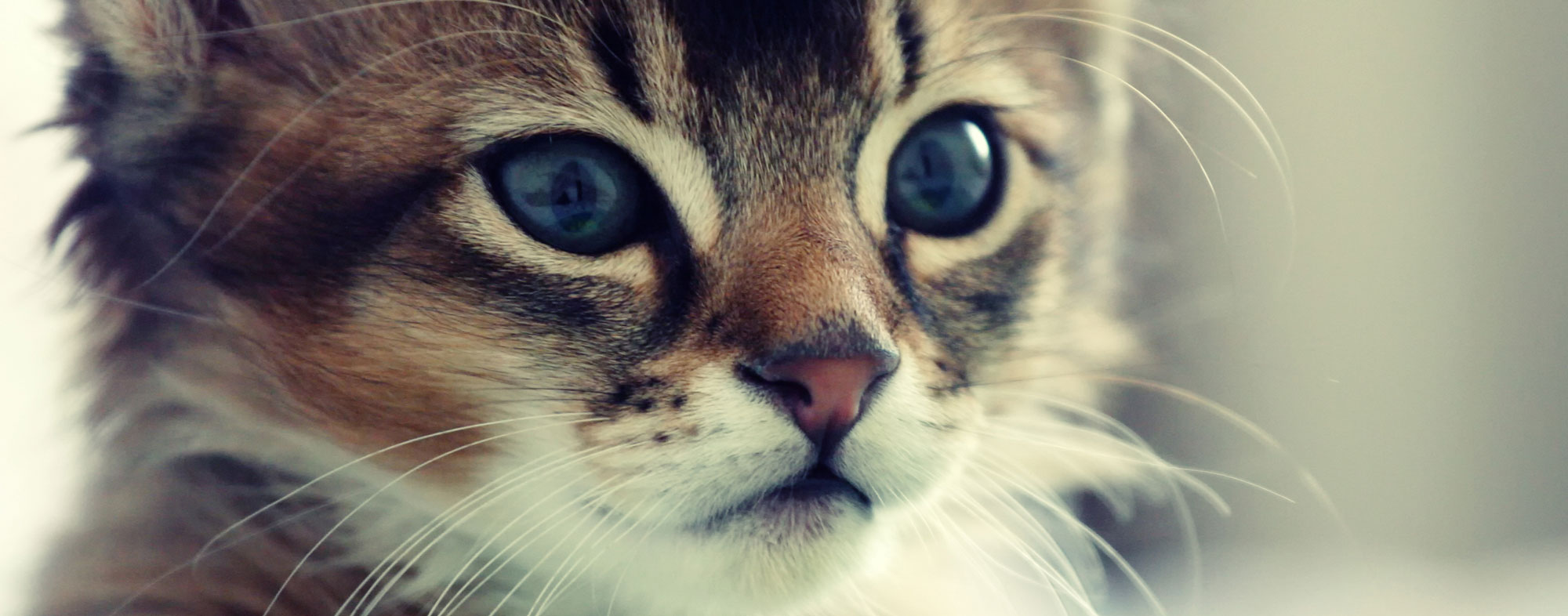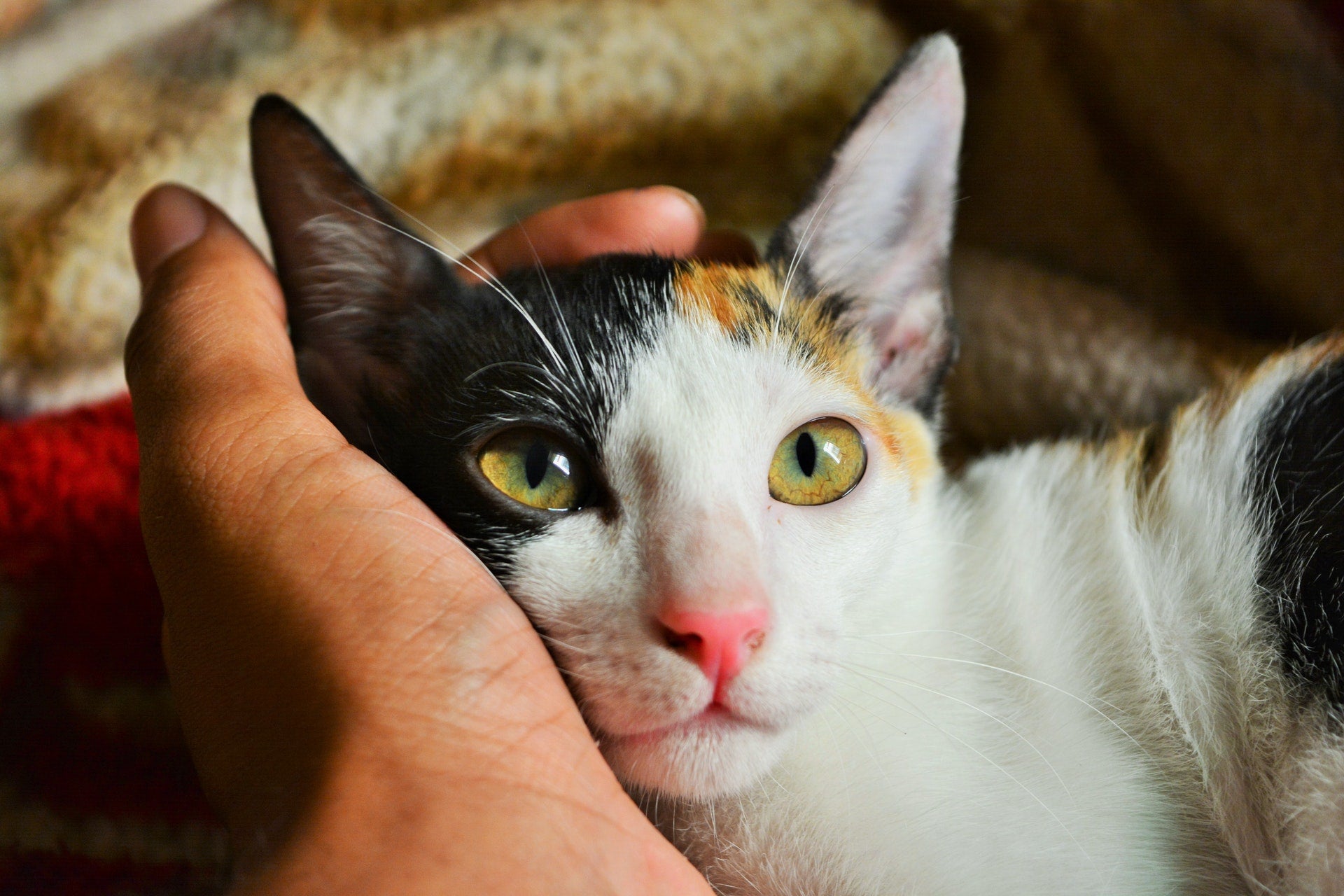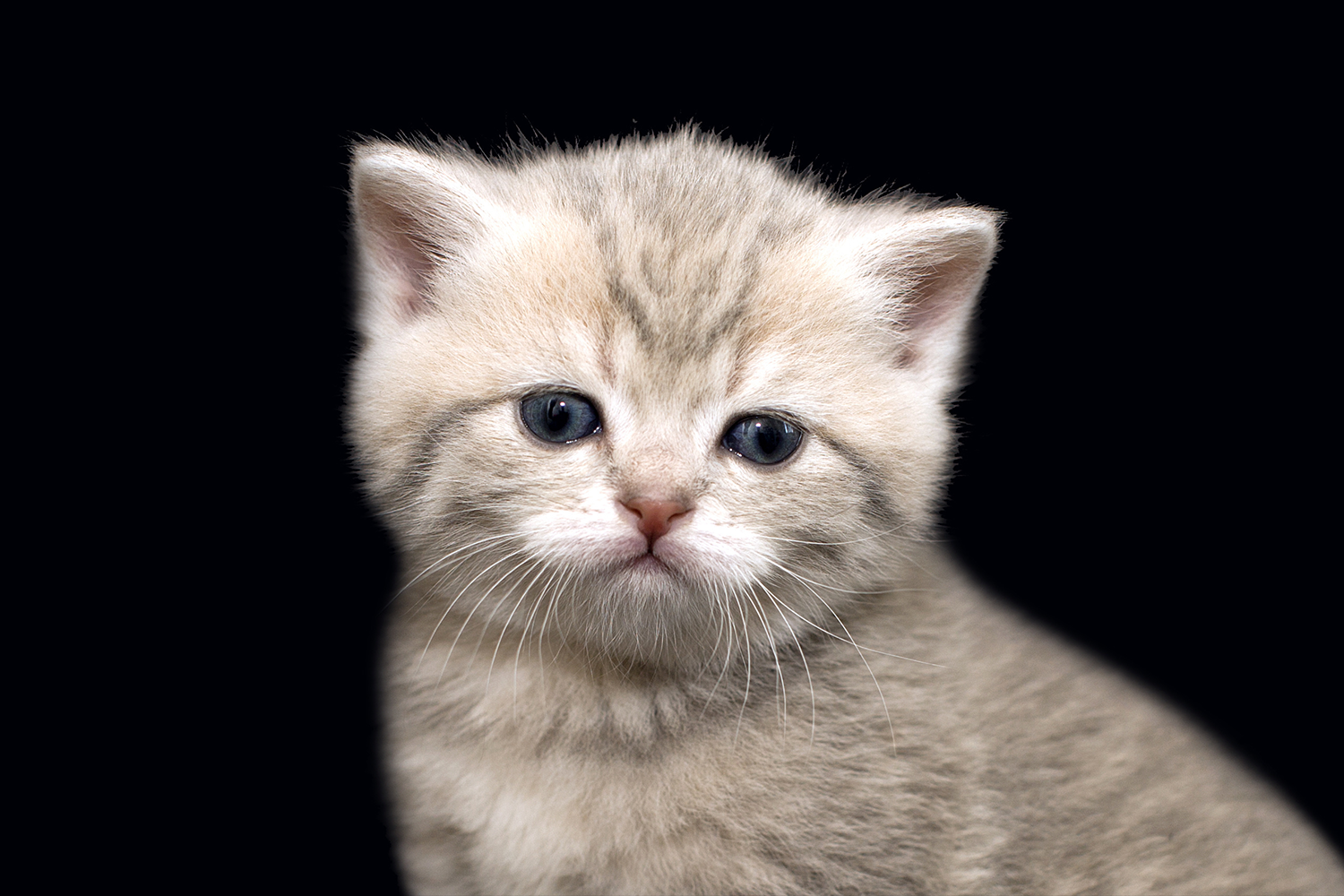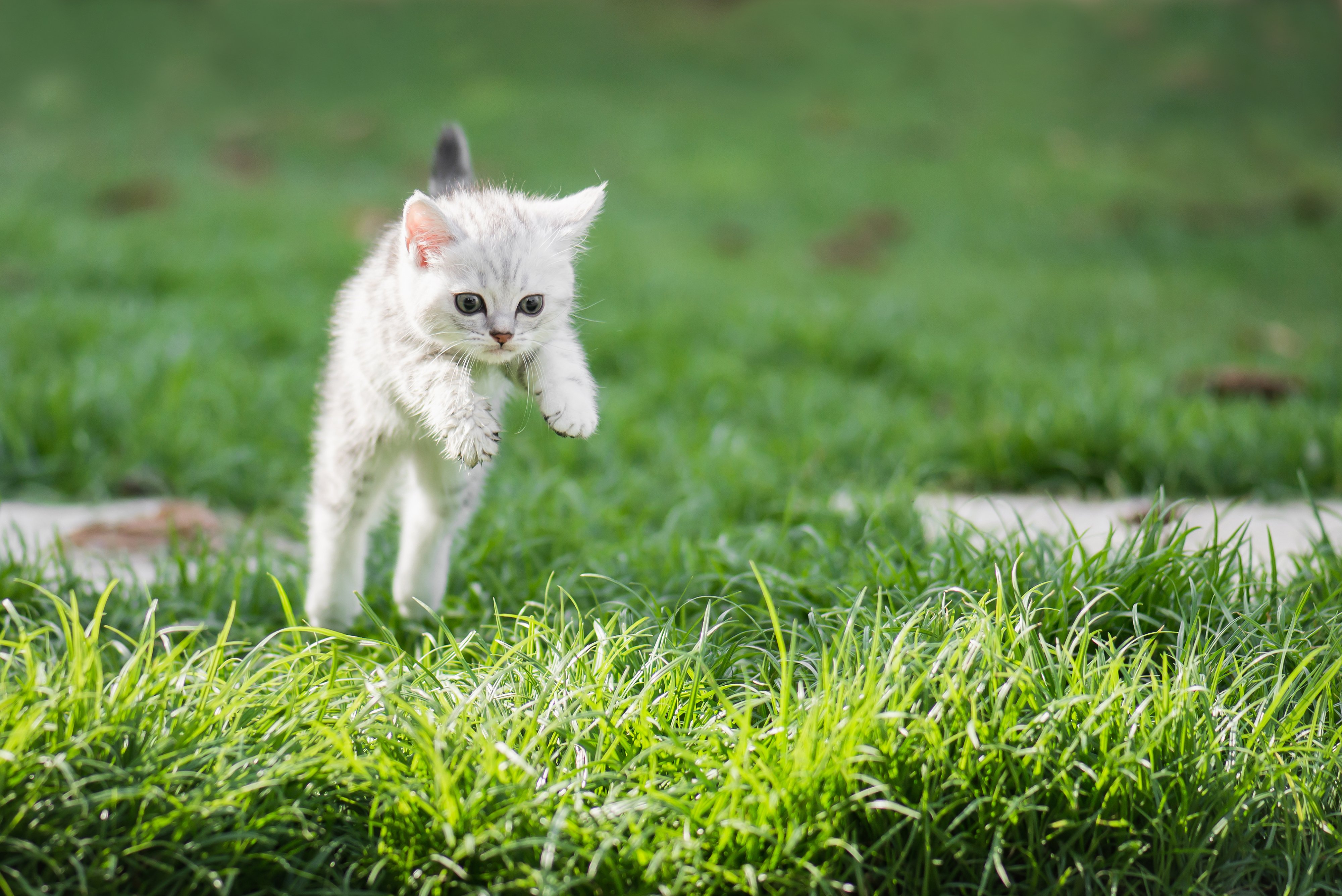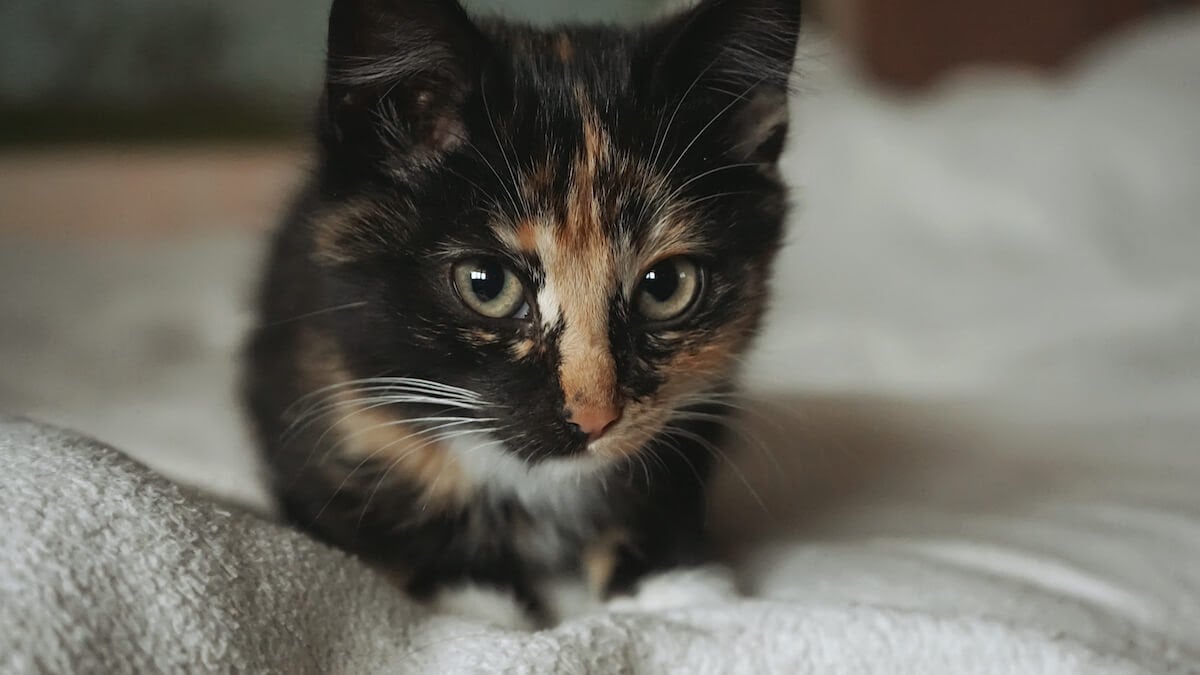Cats Eyes Dilated And Drooling

While drooling is a normal body function excessive drooling or hypersalivation can be cause for concern.
Cats eyes dilated and drooling. Vestibular disease in cats is a condition in which a cat suddenly develops incoordination falling or circling to one side involuntary darting of the eyes back and forth nystagmus a head tilt and often nausea or vomiting. Salivation and drooling rapid heart rate and panting. He keeps crying and crying and crying.
One of the main causes of these signs is a taste reaction to something. The vet will look at the pupillary light reflex by shining a light into each of the cats eyes and observing the reaction of the pupil. Staring with wide-open eyes and dilated pupils.
These clinical signs usually appear suddenly many times in. How Do You Know If Your Cat Is Having A Seizure. If you have a cat with one dilated and one is not there are a number of things that could be wrong.
A cat who has overheated may begin to hypersalivate. What I would do is rinse out her mouth well with cool water. The most common symptom of vestibular disease in cats is dizziness.
Dilated pupils drooling weakness twitching of front paws or head only in certain positions labored breathing onoff appetite pausing mid walk or mid eating. This means that in the early stages of illness often the only thing that a cat owner may notice is that the cat has become quiet and withdrawn. I ran to the vet store and the woman gave him an injection of Atropine 12 ml.
Thiamine deficiency is rare in cats and is usually associated with those who eat a home-made diet that is either cooked in water or heat both of which destroy thiamine or a diet high in fish. It usually happens without warning or as result of a concurrent condition and can affect cats of any age. Do Nutritional Deficiencies Cause Dilated Cat Eyes.
